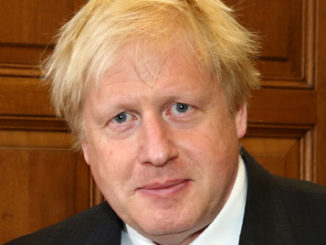
London (TIP): The world faces around 4,000 variants of the virus that causes COVID-19, prompting a race to improve vaccines, Britain said on Thursday, Feb 4, as researchers began to explore mixing doses of the Pfizer and AstraZeneca shots. Thousands of variants have been documented as the virus mutates, including the so-called British, South African and Brazilian variants which appear to spread more swiftly than others.
British Vaccine Deployment Minister Nadhim Zahawi said it was very unlikely that the current vaccines would not work against the new variants. “Its very unlikely that the current vaccine won’t be effective on the variants whether in Kent or other variants especially when it comes to severe illness and hospitalisation,” Zahawi told Sky News.
“All manufacturers, Pfizer-BioNTech, Moderna, Oxford-AstraZeneca and others, are looking at how they can improve their vaccine to make sure that we are ready for any variant — there are about 4,000 variants around the world of COVID now,” Zahawi added.
While thousands of variants have arisen as the virus mutates on replication, only a very small minority are likely to be important and to change the virus in an appreciable way, according to the British Medical Journal.
The so called British variant, known as VUI-202012/01, has mutations including a change in the spike protein that viruses use to bind to the human ACE2 receptor — meaning that it is probably easier to catch.
“We have the largest genome sequencing industry — we have about 50 per cent of the world’s genome sequencing industry — and we are keeping a library of all the variants so that we are ready to respond — whether in the autumn or beyond — to any challenge that the virus may present and produce the next vaccine,” Zahawi said.
VACCINE RACE
The novel coronavirus — known as SARS-CoV-2 — has killed 2.268 million people worldwide since it emerged in China in late 2019, according to Johns Hopkins University of Medicine.
Israel is currently far ahead of the rest of the world on vaccinations per head of population, followed by the United Arab Emirates, the United Kingdom, Bahrain, the United States and then Spain, Italy and Germany. Britain on Thursday launched a trial to assess the immune responses generated if doses of the vaccines from Pfizer and AstraZeneca are combined in a two-shot schedule.





Be the first to comment